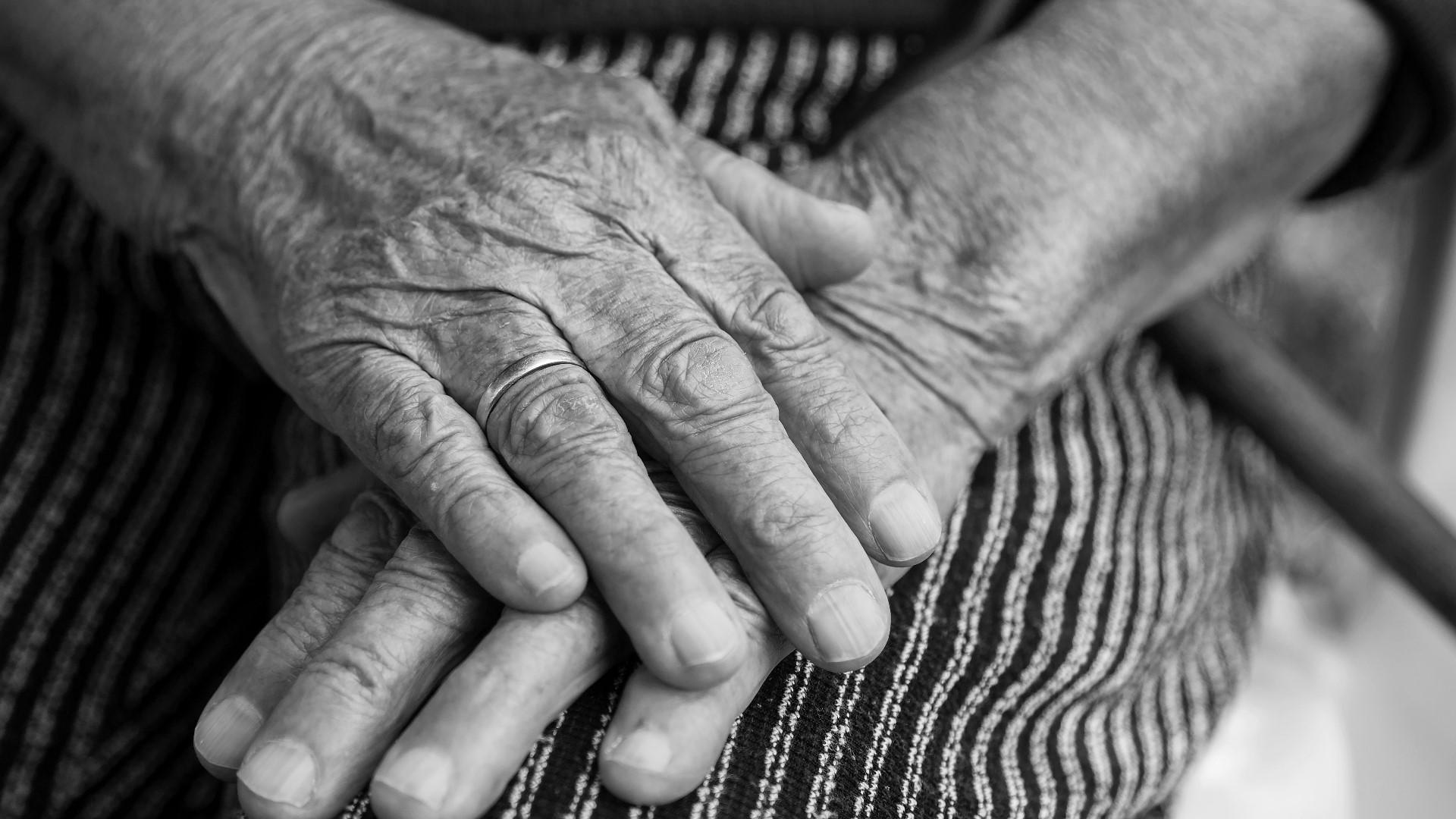AUGUSTA, Maine — Maine is statistically the oldest state in the country, but retirement prospects are bleak for many people. A new report also indicates gender plays a role in the economic security of seniors in our state.
On Monday, February 28, the Maine Council on Aging and Maine Women's Lobby held an online seminar to present findings of the "Economic Security of Older Women in Maine: Data Report," compiled by the Cutler Institute of Health and Social Policy and made possible by the Maine Health Access Foundation. The key takeaway: Older women in Maine are more likely to be living in poverty than older men.
"There are significant income disparities among older women and older men," Jess Maurer, executive director of the Maine Council on Aging, said.
According to the report, the median income for Maine women 65 years and older who live alone is $22,059, compared to $27,008 for older men who live alone. That means half of these women likely have difficulty covering basic expenses.
"They don't have enough money to pay for heat, property taxes, food, transportation, basic needs, health care," Maurer said, also noting older women are more likely to live alone in general, with about 50,000 Maine women currently in that position, compared to 24,000 men. That means paying for long-term health care out-of-pocket later in life for older women is just not realistic.
The report also indicates that, compared to men, women are more likely to be outside of the labor force; be paid less in the labor force; work part-time jobs that don't have benefits; and provide unpaid labor, like caring for children or aging parents. In total, there are about 7,000 more older Maine women with incomes below the federal poverty level than older men — and 85% of caregivers in Maine are women.
"Retirement security disproportionately is a women's issue," Sen. Susan Collins, R-Maine, said.
Collins sits on the United States Senate Special Committee on Aging.
"[Women] tend to earn less on average than men do, and that in part reflects the interruption of their careers — but also some inequities in our society," Collins said, later mentioning, "Women live longer than men do, so their retirement savings need to last longer."
Making money last is often easier said than done. That's something Linda Dougherty, 72, of Orono understands. She works odd jobs (like tending to plants at a greenhouse in Eddington, for example) to make ends meet and have some extra cash on hand. Linda is divorced, which she said affected her finances.
"Mostly, it's women that have the issue because we've worked lower-level jobs," Dougherty said, adding, "I mean, if you're cooking in a restaurant, you're not getting paid big bucks. If you're standing at the cash register at a retail shop, it's all minimum wage."
Fran Seeley, 80, testified during Monday's virtual seminar.
"The highest salary I ever earned, even with a master's [degree] and credentials in teaching and administration, was $22,000 a year," said Seeley.
Senator Eloise Vitelli, D-Arrowsic, also testified. She said another issue is an ever-existing pay gap between women and men. According to Vitelli, women once made 57 cents per man's dollar — and now that rate is up to 83 cents per dollar.
"Continued investment and policy change in critical areas such as employment, housing, and long-term services and supports is needed to ensure that older women have the resources they need to live comfortably in the communities of their choice," Vitelli said.
You can read the entire report here.

